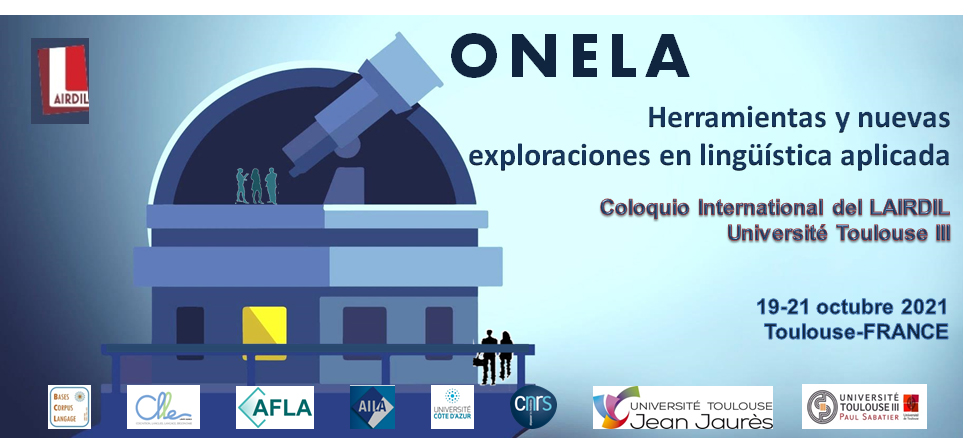The primary focus in this study consists of an investigation concerning the links between attachment, autonomy and English language learning. Decades of research have revealed that early secure attachment is associated with significant childhood outcomes, including autonomy and achievement at school (Bergin & Bergin, 2009).
Furthermore, Bergin & Bergin (2009) claimed that parent–child attachment predicts academic achievement. They refer to The Minnesota longitudinal study which concluded that parent–child attachment was associated with numerous outcomes related to school success. These outcomes include among others: the individuals' autonomy, social skills and emotion regulation. They also include, according to van IJzendoorn et al. (1995) , language development.
However, Bowlby (1984) stated that attachment figures are not always necessarily parents. They can be people who are significant in children's lives such as teachers or childcare providers. Relationships with teachers have an effect on students from preschool to high school (cited in Riley, 2010).
Bergin & Bergin (2009) believe that secure relationships between students and teachers predict greater outcomes, greater motivation, and fewer academic drawbacks, whereas insecure teacher-student relationships lead to less autonomous students with low levels of cooperation in classroom activities. This effect is likely to last even after high school ends. Moreover, Pianta and colleagues (1997) claimed that the teacher-student relationship also affects language learning growth (Cited in Bergin & Bergin, 2009).
In sum, the above-mentioned studies convincingly attest that insecure attachment is linked to poor levels of autonomy and language competency. However research on the processes through which the quality of attachment influences motivation and language development is required to explain the links between attachment and language learning.
The research I have undertaken addresses French university students aged 18-20. It investigates their motivation and their English language development in relation to their attachment type. I intend to follow a detailed qualitative approach (questionnaires and interviews) to comprehend the relationship between attachment, autonomy and English language learning. In this presentation, I will be talking about the literature review and the methodology. The initial data examines 180 questionnaire responses. Findings indicate that most of the participants have secure attachment profiles but they have different levels of English competency. I will be presenting the implications regarding their attachment type, their autonomy and their motivation. This study should provide suggestions for teachers to develop more secure relationships with their students and foster school bonding.
Bergin, C., & Bergin, D. (2009). Attachment in the Classroom. Educational Psychology Review, 21, 141–170. https://doi.org/10.1007/s10648-009-9104-0
Riley, P. (2010). Attachment Theory and the Teacher-Student Relationship (0 ed.). Routledge. https://doi.org/10.4324/9780203845783
van IJzendoorn, M. H., Dijkstra, J., & Bus, A. G. (1995). Attachment, Intelligence, and Language: A Meta-analysisf. Social Development, 15.
- Poster

 PDF version
PDF version

